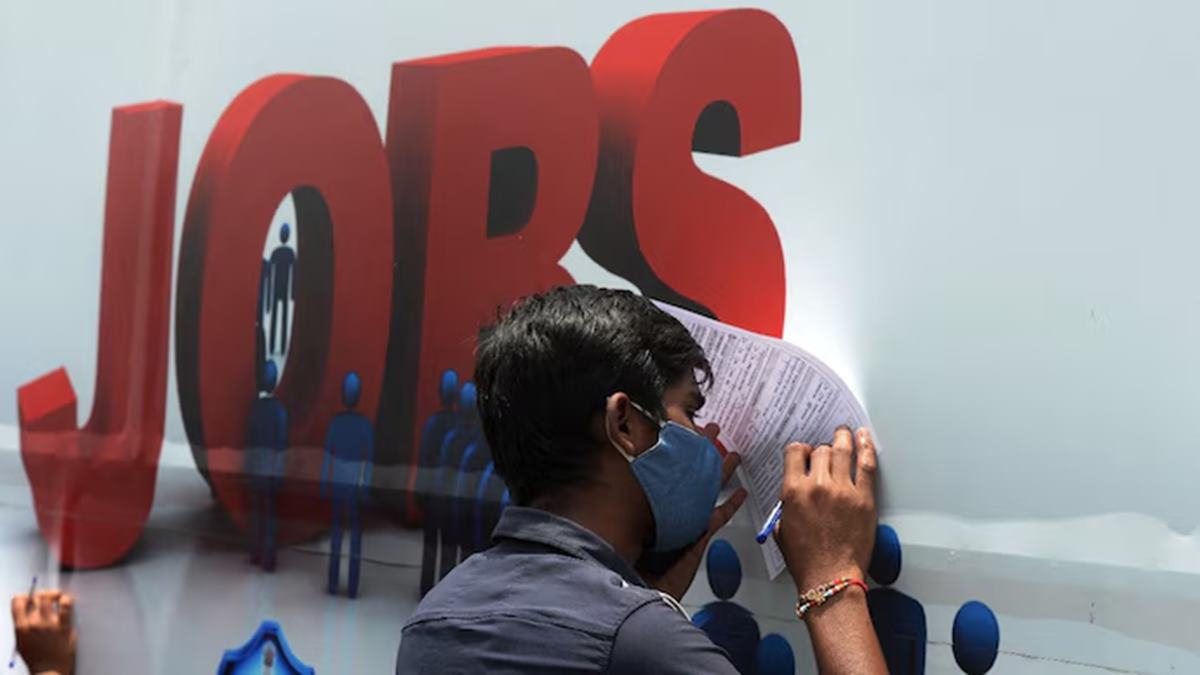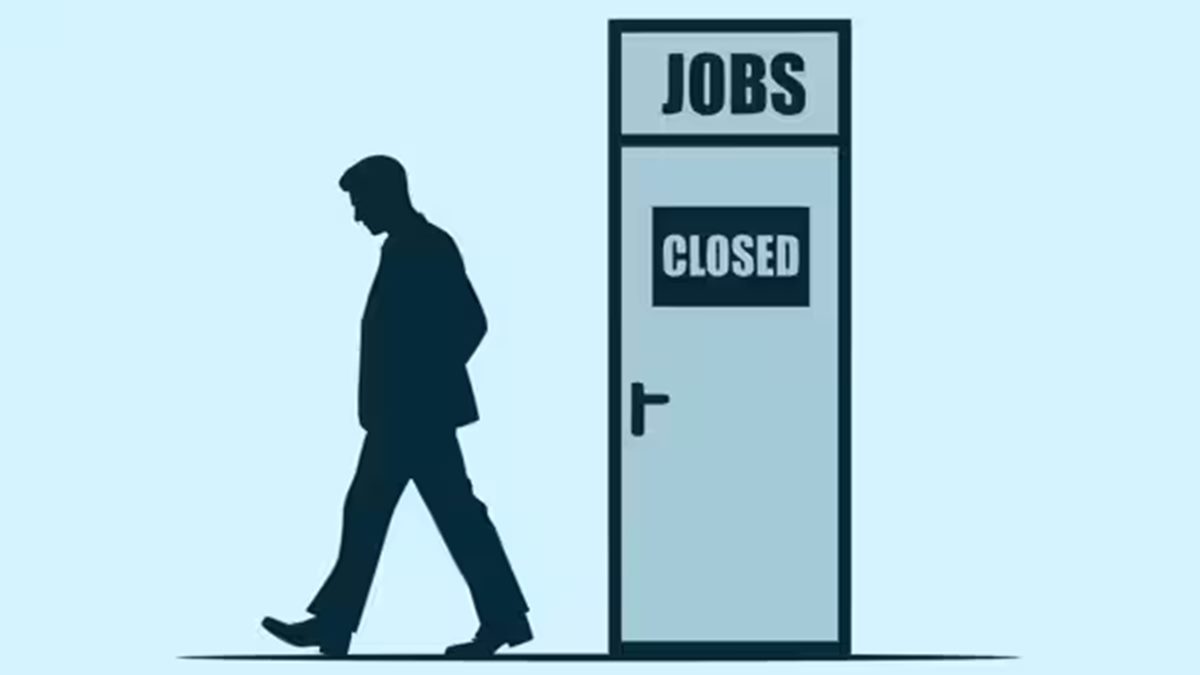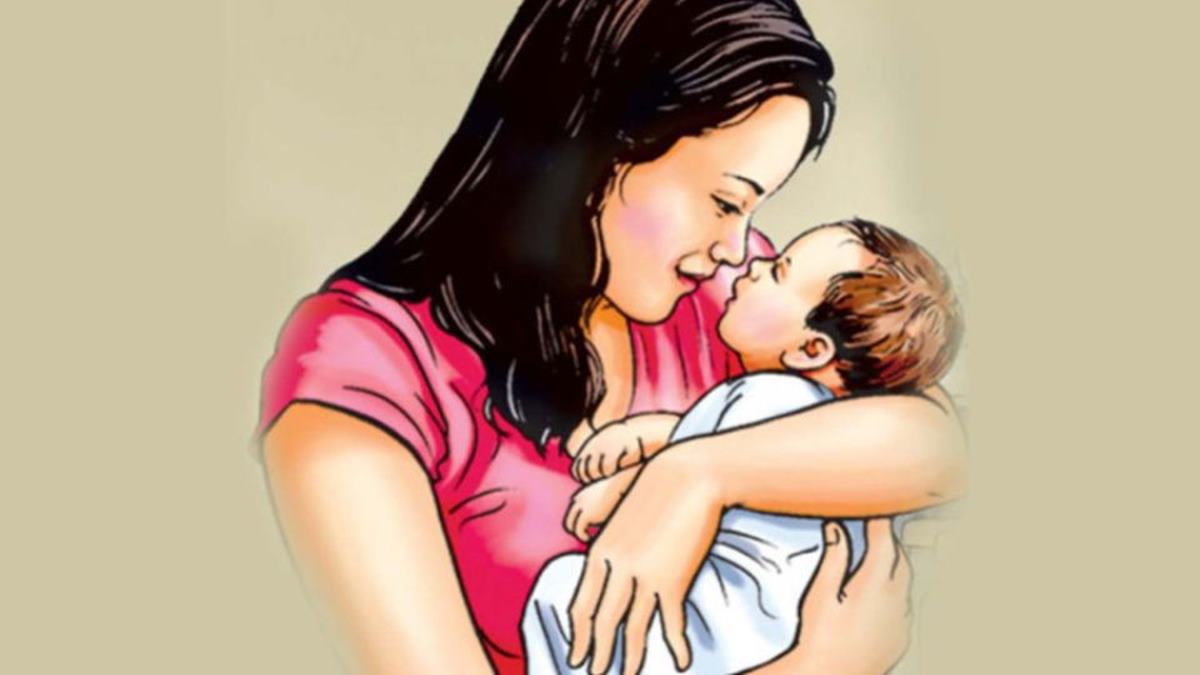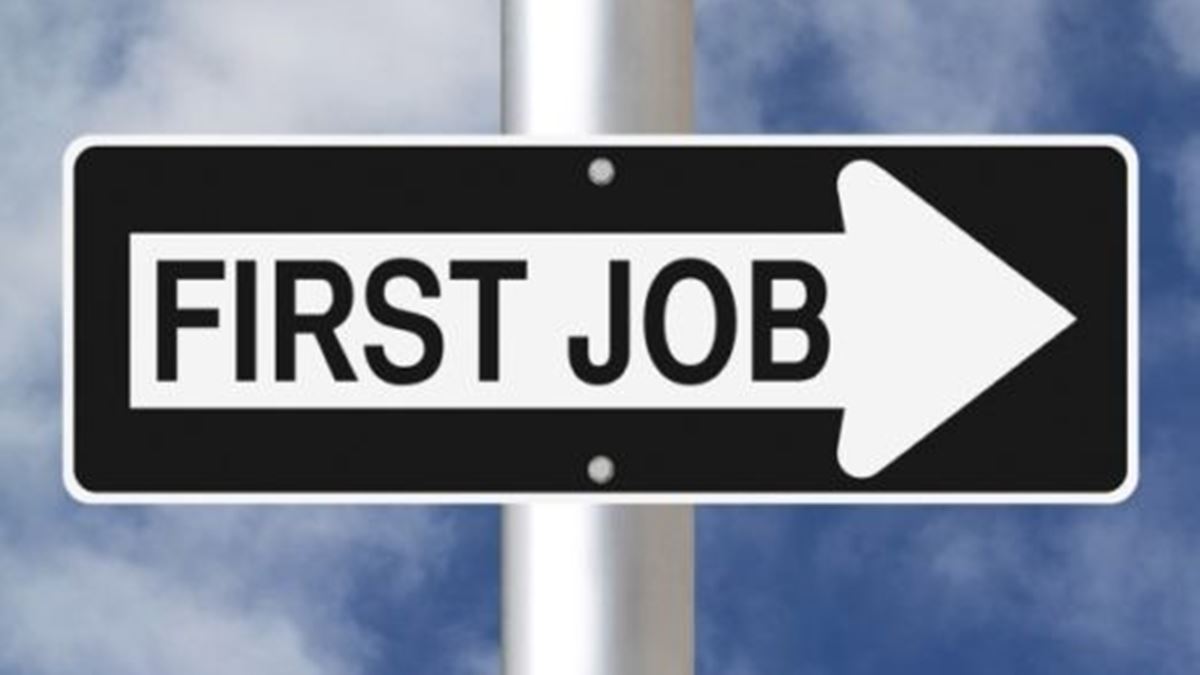Nearly 4 in 10 Gen Z workers (38%) feel lonely or socially isolated due to their work circumstances, according to new research by Bupa, reported in The Times on Sunday (24 August).
The survey of over 8000 people found that, across all age groups, a quarter (24%) feel lonely or isolated.
The new research forms part of the 2025 Bupa Wellbeing Index, a report into the nation’s workplace health. It also found that more than a fifth of 16 to 24-year-olds (21%) say their workplace currently provides no support for mental health, with 45% considering moving to roles that provide greater social interaction.
Loneliness isn’t always easy to recognise; it’s a deeply individual feeling, and everyone experiences it differently, Rebecca Holt, director and co-founder of mental health consultancy Working Mindset, told HR magazine.
“Often, people who feel lonely don’t talk about it because they’re embarrassed or worried about how others might see them. Managers require training on how to spot the signs and to have conversations in a supportive and safe way,” Holt explained.
Zoe Sinclair, co-founder of health and wellbeing consultancy This Can Happen, agreed, telling HR magazine: “HR can support the wellbeing of younger staff by creating employee resource groups beyond the usual categories like gender or family, expanding into areas such as music or sport.
“Even better, staff should be encouraged to lead these groups, with HR providing support and recognition. This empowers employees to run events, online or in person, while building community.”
Holt continued: “We know that loneliness can have a profound impact on our mental health both at work and outside. Dealing with loneliness in the workplace requires a thoughtful, proactive approach that’s tailored to both the organisation and the people in it.”
Organisations need to talk openly about loneliness: “This starts with asking people how they are and what matters to them; it not only helps us understand the issue better, but it also helps break down the stigma,” Holt explained.
Alicia Nagar, head of people, wellbeing and equity at mental health training and consultancy, MHFA England, told HR magazine: “Loneliness isn’t simply about being alone, it’s the gap between the connections we have and those we need. When that gap persists at work, it increases the risk of stress, depression, and anxiety.”
Nagar suggested that HR leaders can help by creating psychologically safe cultures where people feel able to ask for help, providing regular feedback opportunities through surveys and meetings, and equipping managers with the training to notice signs of loneliness and check in on wellbeing.
She added: “Initiatives like monthly contact days, team sessions, employee networks, and both in-person and virtual activities, from volunteering to online socials, help colleagues feel part of something bigger.”
Simple steps, like beginning meetings with five minutes to check in on feelings, set the tone, Sinclair concluded.
Commenting on the findings, Naveen Puri, medical director at Bupa UK, said: “Loneliness can have a devastating impact on our mental and physical health, with knock-on effects on depression, anxiety, stress and type 2 diabetes. We’ve seen loneliness become an increasing problem in our personal lives, but it’s worrying that we’re also seeing it in a workplace environment.”
The research was conducted by Censuswide, among a sample of 8001 nationally representative consumers with a minimum of 250 influencer/content creators. The data was collected between 14 July 2025 and 23 July 2025.
Source – https://www.hrmagazine.co.uk/content/news/over-a-third-of-gen-z-face-work-related-loneliness/




















